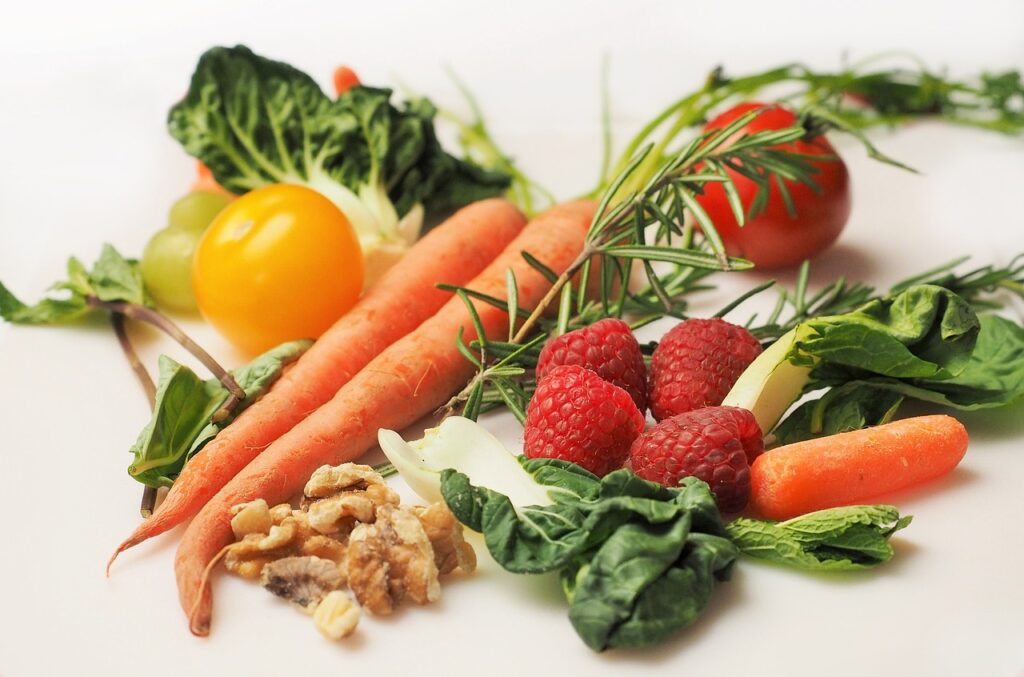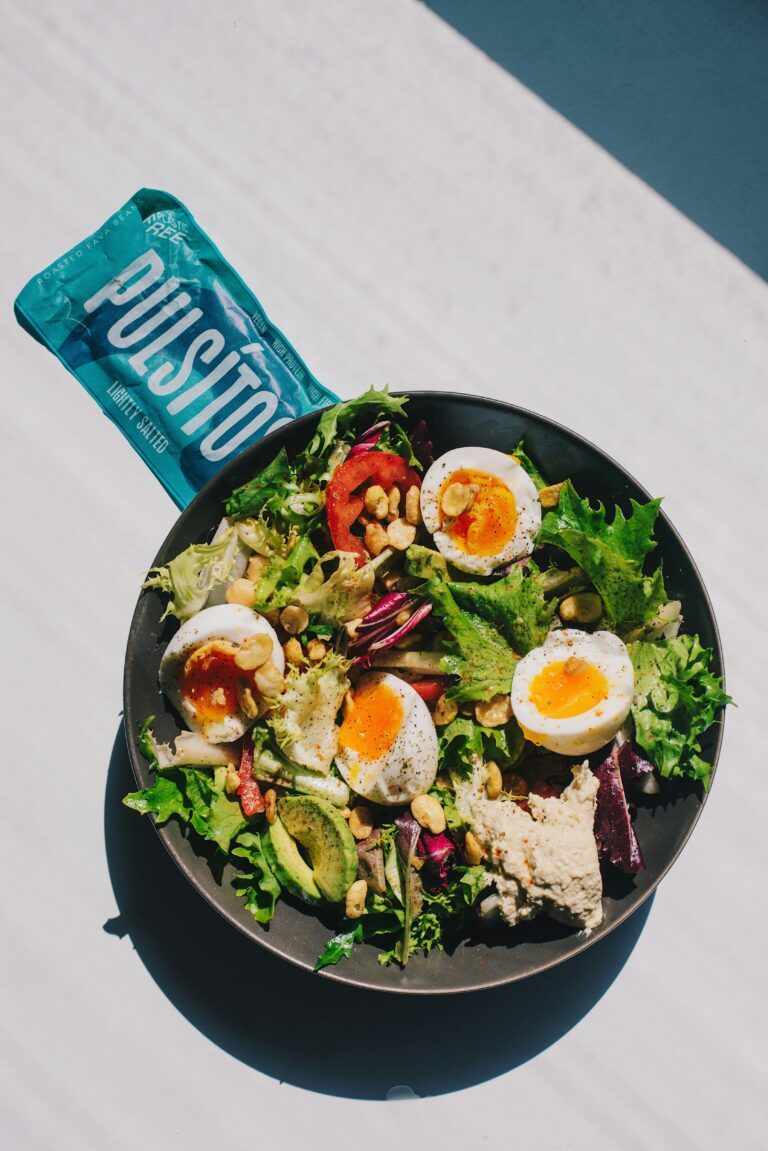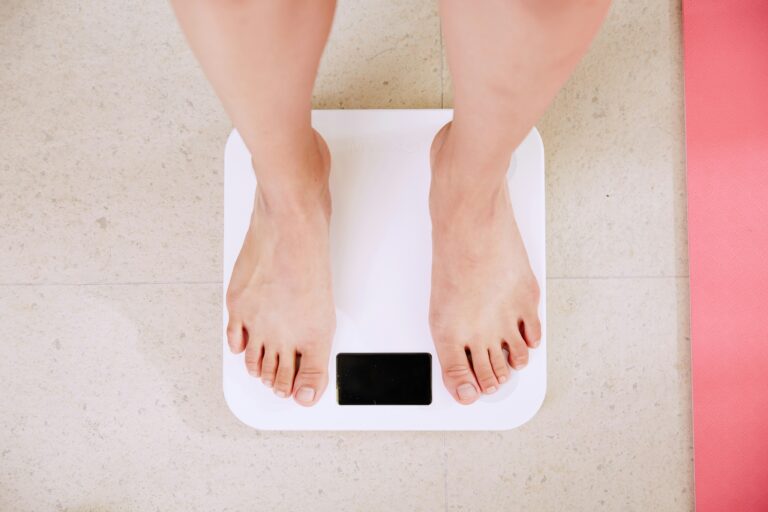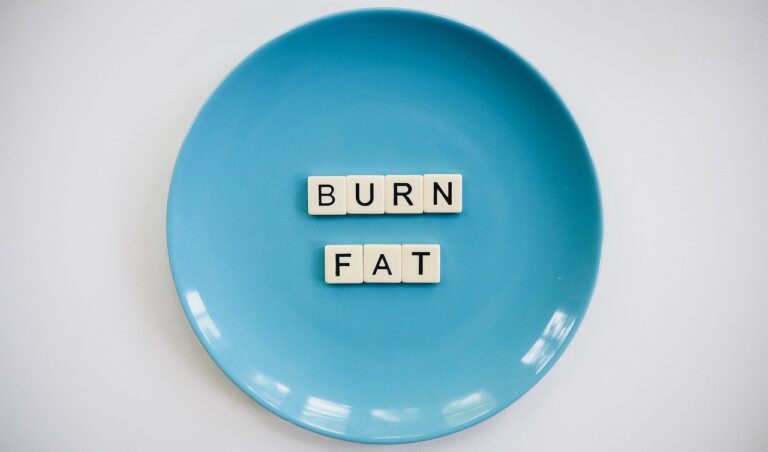Ramadan, a holy month for Muslims worldwide, is a time for spiritual reflection, devotion, and community. However, navigating dietary choices amidst fasting hours can be tricky, especially if you’re aiming for weight loss. But worry not! By embracing a strategic ramadan diet plan, you can achieve both spiritual and physical well-being throughout this blessed month.
Understanding Ramadan and Weight Loss:
Fasting during Ramadan restricts food and drink consumption from dawn to dusk. While this can lead to natural weight loss, it’s crucial to prioritize a balanced and nutritious diet plan during Ramadan. Focusing solely on calorie restriction can lead to muscle loss, fatigue, and hinder your ability to fulfill your spiritual obligations.
if you’re aiming for weight loss. While a natural reduction in calorie intake might occur, understanding how to approach a diet plan during ramadan is crucial for successful weight loss.
Here’s why simply restricting calories during Ramadan might not be the best approach for losing weight in Ramadan:
-
- Muscle Loss: Our bodies prioritize readily available energy sources when food intake is limited. If we don’t consume enough protein, muscle might be broken down for fuel. Muscle mass plays a vital role in metabolism, so this can actually hinder your weight loss goals in the long run.
-
- Fatigue and Reduced Activity Levels: Feeling drained is a common experience during Ramadan. This can lead to decreased physical activity levels, further impacting your weight loss efforts.
-
- Unhealthy Choices at Iftar: Breaking the fast with sugary or processed foods might seem tempting, but it can lead to blood sugar spikes and crashes, leaving you feeling hungrier later, potentially derailing your how to lose weight in ramadan efforts.
The key to successful weight loss during Ramadan lies in a diet plan during ramadan that focuses on balanced nutrition. By strategically distributing your meals throughout the non-fasting window, prioritizing whole foods rich in protein, fiber, and healthy fats, and staying hydrated, you can achieve your weight loss goals while fulfilling your spiritual obligations.

Crafting Your Winning Ramadan Diet Plan:
Here’s a breakdown to create your personalized ramadan diet plan for successful weight loss:
1. Suhoor (Pre-Dawn Meal): The Foundation for a Powerful Day
-
- Hydration is Key: Begin your day with water and electrolyte-rich drinks. Aim for 2-3 glasses to rehydrate your body after a night’s sleep and prepare it for the upcoming fast.
-
- Embrace Complex Carbohydrates: Option for whole-wheat bread, oats, or brown rice. These provide sustained energy throughout the day, keeping you feeling fuller for longer and preventing overeating at Iftar (evening meal).
-
- Protein Powerhouse: Include lean protein sources like eggs, Greek yogurt, or low-fat chicken. Protein helps build muscle mass, which is crucial for maintaining a healthy metabolism and burning more calories at rest.
-
- Don’t Forget Healthy Fats: Include healthy fats like avocado, nuts, or seeds. These promote satiety, keeping you feeling satisfied and preventing cravings later in the day.
2. Iftar (Evening Meal): Breaking the Fast with Nourishment:
-
- Dates: A Natural Sweet Start: Begin your Iftar with dates, a tradition rich in symbolism and a source of natural sugars for immediate energy. However, limit yourself to 2-3 dates to avoid a sugar overload.
-
- Hydration Continues: Replenish lost fluids with water or sugar-free beverages. Aim for 2-3 glasses to rehydrate your body and aid digestion.
-
- Soup Time: Start with a warm, clear soup like lentil or vegetable broth. This promotes a sense of fullness and prepares your stomach for the main course.
-
- Balanced Main Course: Focus on lean protein sources like grilled chicken, fish, or lentils. Pair them with roasted vegetables and a small portion of whole grains like quinoa or brown rice for a complete and balanced meal.
-
- Limit Fried Foods and Sweets: While occasional treats are okay, prioritize healthier alternatives. Fried foods are high in unhealthy fats and calories, while sugary treats can cause energy crashes later.
3. Post-Iftar and Suhoor Snacks: Wise Choices for Sustained Energy
How to lose weight in ramadan often hinges on making smart choices beyond Suhoor (pre-dawn meal) and Iftar (evening meal). The extended fasting window can trigger hunger pangs, and navigating these periods with the right snacks is crucial for your ramadan diet plan. Here’s how to make wise choices that keep you energized and support your weight loss goals:
-
- Hydration Throughout the Night: Dehydration can mimic hunger pangs, so staying hydrated is paramount during non-fasting hours. Opt for water, herbal teas, or sugar-free flavored water as part of your ramadan diet plan. Aim for sips throughout the night to keep your body functioning optimally and avoid reaching for sugary drinks when hunger strikes.
-
- Mindful Snacking: Hunger pangs are inevitable, but reaching for readily available processed snacks can derail your how to lose weight in Ramadan efforts. Instead, incorporate healthy and satiating snacks into your Ramadan diet plan. Fruits like dates, berries, or apples provide natural sugars and fiber for sustained energy. Nuts and seeds are a great source of healthy fats and protein, keeping you feeling fuller for longer.
-
- Planning is Key: Avoid last-minute decisions that might lead to unhealthy choices. Stock your pantry with healthy snack options beforehand. Pre-portion snacks like cut vegetables with hummus or yogurt with berries to make mindful grabbing easier during busy evenings after Iftar.
-
- Prioritize Protein: Including a small amount of protein in your post-Iftar and Suhoor snacks can significantly impact your ramadan diet plan success. Protein helps regulate appetite hormones and keeps you feeling fuller for longer. Opt for Greek yogurt with a sprinkle of nuts, boiled eggs, or a small portion of chicken breast to curb cravings and prevent overeating at Suhoor.
-
- Fiber Power: Focus on snacks rich in fiber during your diet plan during Ramadan. Fiber slows down digestion, keeping you feeling satisfied and preventing energy crashes. Fruits like pears or berries, whole-wheat crackers with cheese, or a handful of roasted chickpeas are excellent choices to incorporate into your ramadan diet plan.

Bonus Tips for a Successful Ramadan Weight Loss Journey with DietFit
Embarking on a weight loss journey during Ramadan can be both rewarding and challenging. DietFit is here to empower you with these bonus tips to ensure a successful and fulfilling experience:
Embrace Personalized Support: Don’t go it alone! At DietFit, we understand that everyone’s needs are unique. Our team of registered dietitians can create a customized Ramadan diet plan tailored to your preferences, health goals, and activity levels. We’ll guide you on incorporating essential nutrients while keeping your calorie intake balanced, maximizing your chances of losing weight in Ramadan.
Planning is Power: The key to success lies in preparation. DietFit can help you create a comprehensive meal plan for the entire month. We’ll provide sample menus with Suhoor and Iftar suggestions, along with healthy snack options. This ensures you have a roadmap for healthy choices throughout Ramadan, preventing last-minute decisions that might lead to unhealthy temptations.
Hydration is Essential: Dehydration can not only impact your energy levels but also mimic hunger pangs. DietFit emphasizes the importance of staying hydrated throughout the non-fasting window. We’ll recommend strategies for optimal hydration, including water intake goals and tips for incorporating sugar-free flavored beverages or herbal teas into your ramadan diet plan.
Prioritize Rest and Activity: While maintaining a healthy activity level is crucial, prioritize rest during Ramadan. DietFit can guide you on incorporating moderate exercise routines that won’t deplete your energy reserves. We can also suggest gentle stretches or yoga poses that can be practiced during non-fasting hours to promote relaxation and well-being.
Mindful Eating is Key: DietFit encourages mindful eating practices throughout Ramadan. We’ll guide you on strategies like savoring each bite, eating slowly, and stopping when you feel comfortably full, not stuffed. This not only promotes better digestion but also helps you stay in tune with your body’s hunger cues, preventing overeating.
Celebrate Milestones: Reaching milestones, big or small, deserves recognition. DietFit encourages you to celebrate your achievements throughout Ramadan. Whether it’s sticking to your ramadan diet plan for a week or reaching a weight loss goal, acknowledging your progress keeps you motivated and fosters a positive relationship with food.
With DietFit by your side, you can navigate your weight loss journey during Ramadan with confidence. We’ll equip you with the knowledge, tools, and support you need to achieve your goals while experiencing the spiritual significance of this holy month.
Conclusion:
Ramadan can be a time for spiritual growth and successful weight loss. By incorporating a balanced ramadan diet plan, prioritizing hydration, and making smart choices, you can achieve your goals. DietFit can be your trusted partner throughout this journey. Our team of registered dietitians will create a personalized plan, guide you on mindful eating practices, and provide ongoing support to ensure a fulfilling and weight-loss-successful Ramadan. Let DietFit empower you to reach your wellness goals while embracing the spiritual significance of this holy month.Contact us at :+92 336 1855749 OR follow us at dietfit.pk



